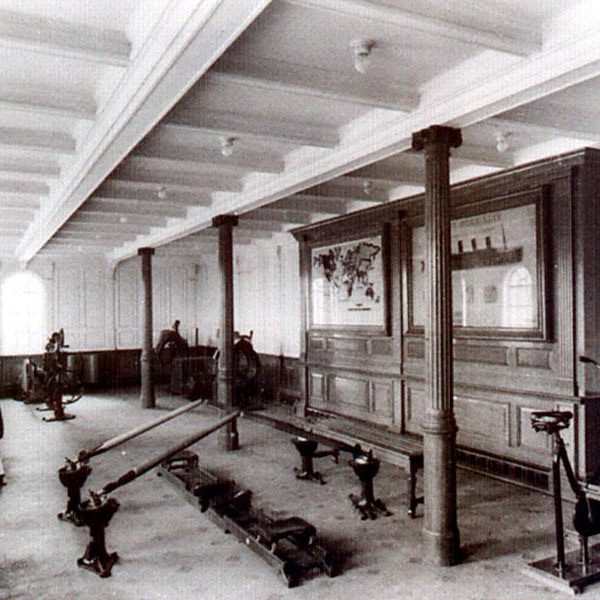Unexpected Delight: CitySports
by Holland-Mark | November 2, 2011
Delight is quickly becoming one of those words. It’s nowhere near the ranks of “regroup” or “circle back,” but its depreciation mimics that of “brilliance” and “revolutionary” (and its variants: revolutionize, revolutionizing, etc.). As a society, we’ve grown tired of the pedestrian words that actual describe things, “pretty smart” or “mildly innovative,” so we’ve taken to hyperbole. Things that would have at one time been intriguing or interesting are now mind blowing. And with that our standard is now screwed six ways to Sunday. (There’s an entire thesis to be written on the topic, especially as it applies to business. You’re not competing with a reasonable standard of delivery, you’re competing with a cultural vernacular that’s led people to expect a visit to the pharmacy to be the most holy shit experience of their entire day.)
Tangential as it may seem, the point is to bring to light the importance of recognizing what delight means and then recognizing the people and things that deliver them. Affecting delight is a key driver of business satisfaction and brand loyalty; however it’s a state of existence for business that requires constant attention.
So enough of the delight soapbox. It’s story time.
I don’t want to have to wear fancy gym clothes, but the truth of my life (and likely self confidence) is that the days of grabbing a tshirt and gender neutral mesh shorts are over. There are too many mirrors. Too many people I know. (Lest we forget the occasion appearance by Ryan Reynolds or his mini-friend Mila Kunis.) Not to mention, all the people who should look terrible enough to motive me are clad in incredibly figure flattering outfits. Not gym clothes. Outfits. It’s a nightmare. An expensive nightmare. And just when you imagine it can’t get worse, you go to shop for these gym outfits and find out that the stores selling theses wares combining the lighting and mirrors of your gym with a confined space and Lycra.
And the stores, save the banner few like Lululemon and Lucy, don’t seem to acknowledge a problem. Despite selling to a female market, they are largely run like sporting goods stores. Expertise, but very little understanding of human psychology.
So imagine my surprise… no, delight, when I entered the CitySports on Boylston Street in Boston to discover that they had undergone a rather extensive remodel/reorganization to create a mini “boutique” within the clothing department. Rather than rack after rack of pants, they’d created a simple wall system (very similar to the kind Lululemon employs). You could look at the style, read about the fit and length, and then grab a size. Everything about it was so… reasonable. They installed two new fitting rooms exclusively for the new area– big fitting rooms. The lighting and colors didn’t highlight how ridiculous I looked, but rather made me feel like I could sit down on the handy bench and think about what other things I wanted to try on. It was elated. I emailed friends about it…from the fitting room.
After reflecting on it for sometime, I realized that even though I acknowledged it was a smart business move, it felt like it was made in the interest of the client. I genuinely felt that someone with good sense and a good head on their shoulders made a decision to do what was right for all of us ladies, and the result added a tremendous amount of value to my experience and perception of CitySports.
To come full circle, CitySports found a way to create delight. For five years I lived around the corner and while it’s a lovely store, there’s never been anything delightful about it. It’s a good place to buy the athletic and outdoorsy things I sometimes need. But that experiential tweak changed the game. I want to go back. It’s now part of my go-to inner circle for new apparel.
So many businesses turn to marketing to solve a problem based on a set experience, but today’s marketing is about so much more than that. It’s about understanding the critical importance of delivering value and affecting customer delight and then making that experience known and desired by others.
Marketing isn’t a thing, it’s a psychology of business interaction and outreach.

